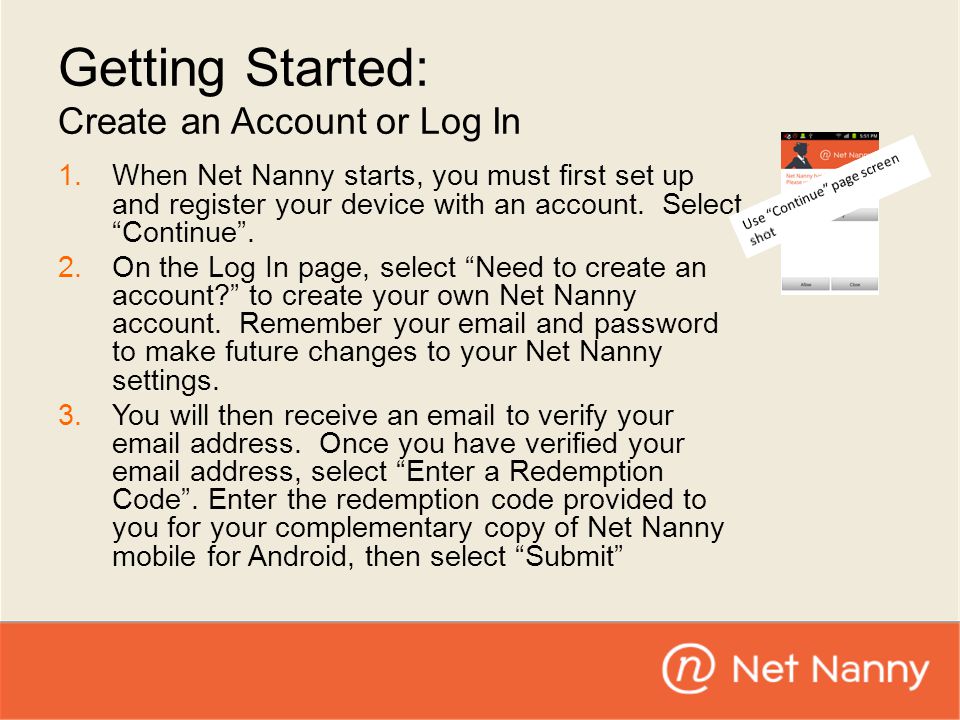

Currently, she can also benefit from reduced health care costs via subsidies provided by the Affordable Care Act. She may also be eligible for unemployment benefits if she loses her job through no fault of her own. When she retires, she may be eligible for Social Security Benefits and Medicare coverage. She will have a record of what she earned which is necessary when making a large purchase like a house or car or when applying for health insurance. It’s the right thing to do – not only are you protected if audited, but your employee benefits from being paid legally. If you’re thinking, “Why should I pay nanny taxes? No one else pays them and I’m not running for public office.” There are three reasons you should pay nanny taxes: Back to top Why should I pay nanny taxes? Some states have monthly or annual filing frequencies. * These dates apply to most household employers. If you file after that date, you may have to pay penalties and interest. You must file your nanny taxes by the due date. Back to top What are the nanny tax deadlines? States differ in their requirements, some don’t have income taxes while other states require additional taxes withheld. As an employer, you’ll pay a matching portion of Social Security and Medicare as well as federal and state unemployment insurance taxes.

Typically, you’ll withhold Social Security and Medicare taxes and you may also withhold federal, state, and maybe city income taxes from your employee’s pay. There are two components of the “nanny tax”: the employee withholding taxes and the employer contribution.

State and federal unemployment insurance taxes may also be due. This requires a family to withhold Social Security and Medicare and to pay a matching portion. Families that misclassify their household employee as an independent contractor (by providing a Form 1099 for filing taxes) can be charged with tax evasion.Īccording to the IRS Household Employer’s Tax Guide, if you pay more than $2,200 annually or $1,000 a quarter to a person working in your home you need to pay employment taxes. According to the IRS, a person is an employee if you’re telling them what they will do and how they will do it, as opposed to an independent contractor that you tell only what results you’re looking for. This includes anyone who works in and/or around your home such as babysitters, caretakers, house cleaning workers, domestic workers, drivers, health aides, housekeepers, maids, nannies, private nurses, and yard workers. These employment taxes are commonly known as “nanny taxes” although they don’t only apply to nannies – they apply to anyone working in your home. As an employer you are responsible for paying employment taxes. When you hire someone to work in your home, the government considers you an employer.


 0 kommentar(er)
0 kommentar(er)
